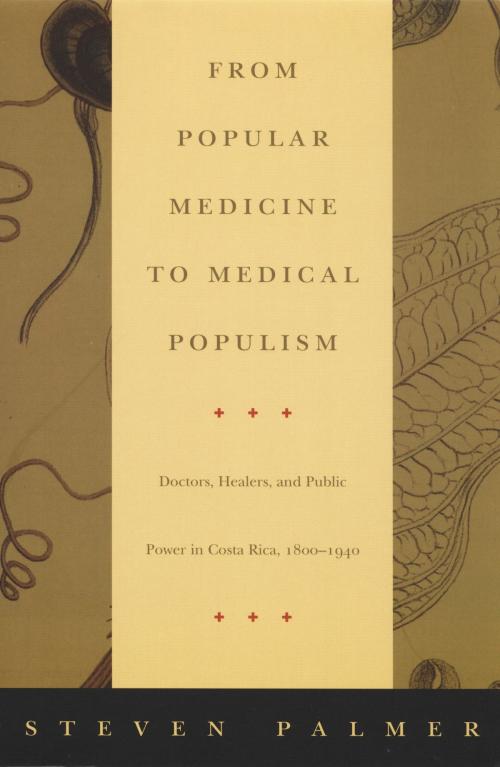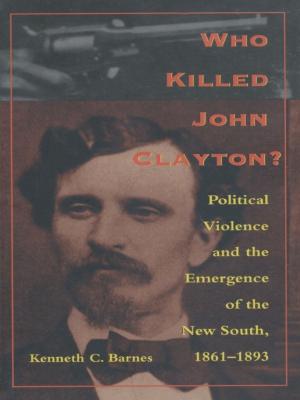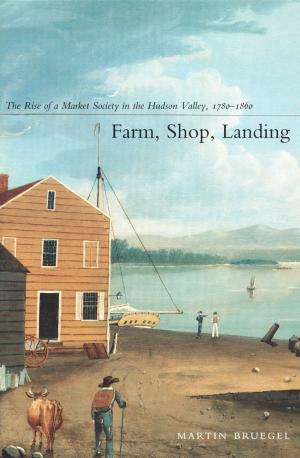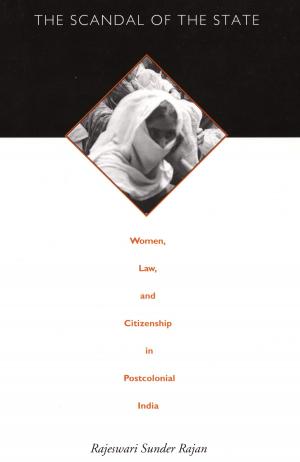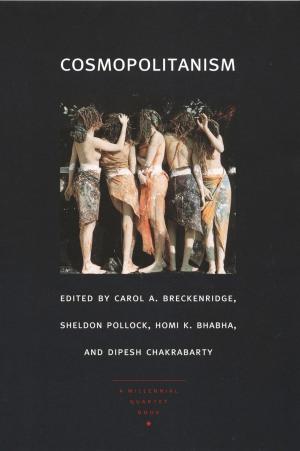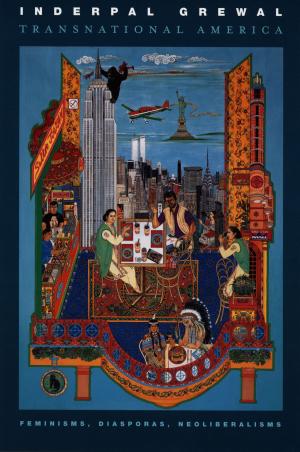From Popular Medicine to Medical Populism
Doctors, Healers, and Public Power in Costa Rica, 1800–1940
Nonfiction, Health & Well Being, Medical, Reference, History| Author: | Steven Palmer | ISBN: | 9780822384694 |
| Publisher: | Duke University Press | Publication: | January 6, 2003 |
| Imprint: | Duke University Press Books | Language: | English |
| Author: | Steven Palmer |
| ISBN: | 9780822384694 |
| Publisher: | Duke University Press |
| Publication: | January 6, 2003 |
| Imprint: | Duke University Press Books |
| Language: | English |
From Popular Medicine to Medical Populism presents the history of medical practice in Costa Rica from the late colonial era—when none of the fifty thousand inhabitants had access to a titled physician, pharmacist, or midwife—to the 1940s, when the figure of the qualified medical doctor was part of everyday life for many of Costa Rica’s nearly one million citizens. It is the first book to chronicle the history of all healers, both professional and popular, in a Latin American country during the national period.
Steven Palmer breaks with the view of popular and professional medicine as polar opposites—where popular medicine is seen as representative of the authentic local community and as synonymous with oral tradition and religious and magical beliefs and professional medicine as advancing neocolonial interests through the work of secular, trained academicians. Arguing that there was significant and formative overlap between these two forms of medicine, Palmer shows that the relationship between practitioners of each was marked by coexistence, complementarity, and dialogue as often as it was by rivalry. Palmer explains that while the professionalization of medical practice was intricately connected to the nation-building process, the Costa Rican state never consistently displayed an interest in suppressing the practice of popular medicine. In fact, it persistently found both tacit and explicit ways to allow untitled healers to practice. Using empirical and archival research to bring people (such as the famous healer or curandero Professor Carlos Carbell), events, and institutions (including the Rockefeller Foundation) to life, From Popular Medicine to Medical Populism demonstrates that it was through everyday acts of negotiation among agents of the state, medical professionals, and popular practitioners that the contours of Costa Rica’s modern, heterogeneous health care system were established.
From Popular Medicine to Medical Populism presents the history of medical practice in Costa Rica from the late colonial era—when none of the fifty thousand inhabitants had access to a titled physician, pharmacist, or midwife—to the 1940s, when the figure of the qualified medical doctor was part of everyday life for many of Costa Rica’s nearly one million citizens. It is the first book to chronicle the history of all healers, both professional and popular, in a Latin American country during the national period.
Steven Palmer breaks with the view of popular and professional medicine as polar opposites—where popular medicine is seen as representative of the authentic local community and as synonymous with oral tradition and religious and magical beliefs and professional medicine as advancing neocolonial interests through the work of secular, trained academicians. Arguing that there was significant and formative overlap between these two forms of medicine, Palmer shows that the relationship between practitioners of each was marked by coexistence, complementarity, and dialogue as often as it was by rivalry. Palmer explains that while the professionalization of medical practice was intricately connected to the nation-building process, the Costa Rican state never consistently displayed an interest in suppressing the practice of popular medicine. In fact, it persistently found both tacit and explicit ways to allow untitled healers to practice. Using empirical and archival research to bring people (such as the famous healer or curandero Professor Carlos Carbell), events, and institutions (including the Rockefeller Foundation) to life, From Popular Medicine to Medical Populism demonstrates that it was through everyday acts of negotiation among agents of the state, medical professionals, and popular practitioners that the contours of Costa Rica’s modern, heterogeneous health care system were established.
